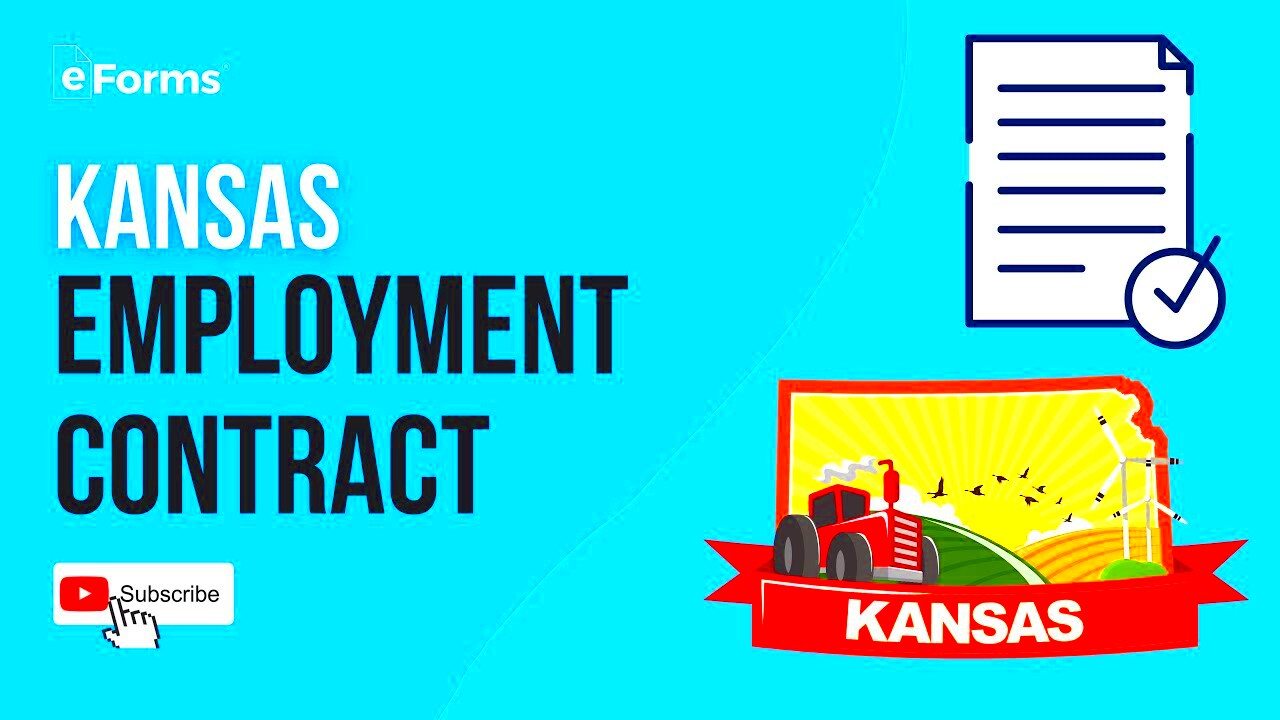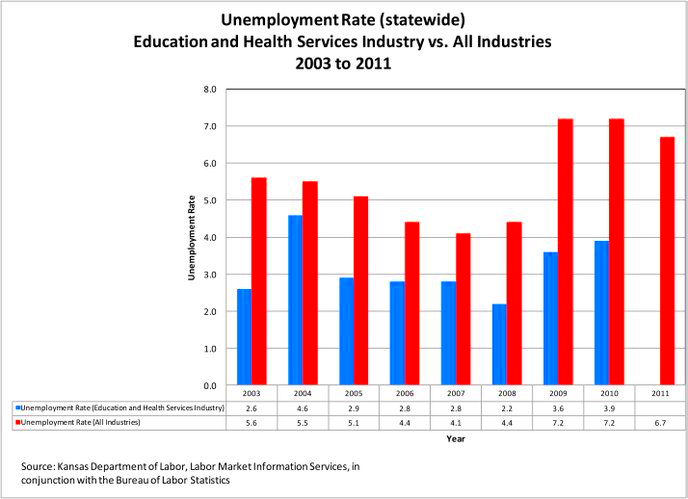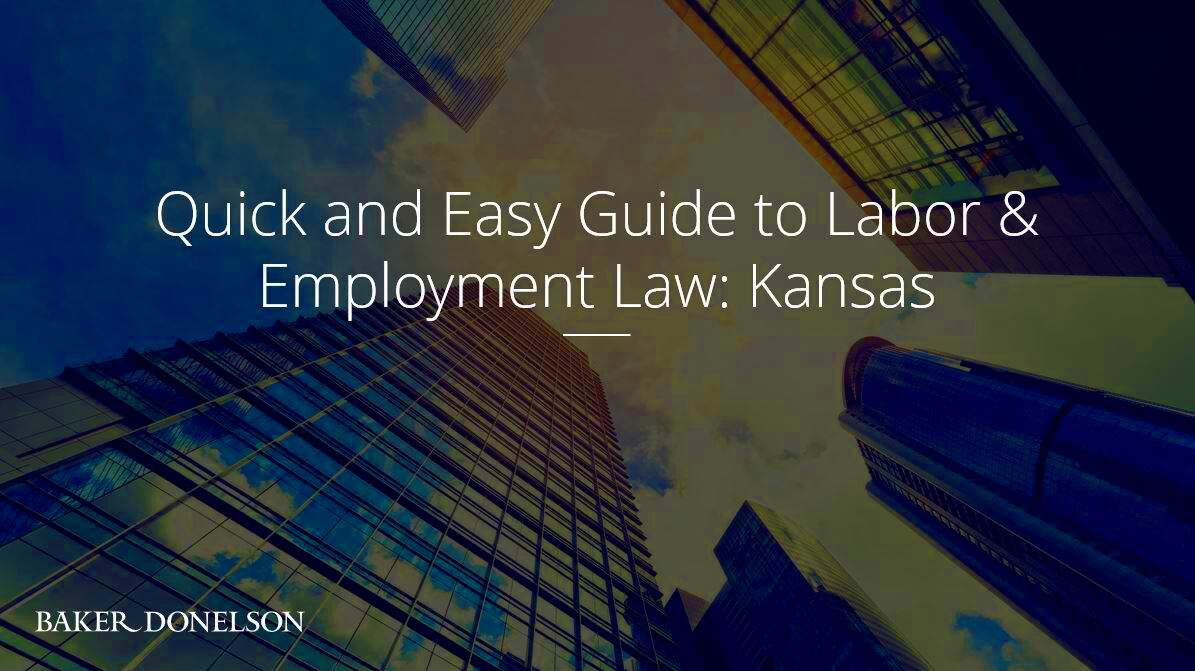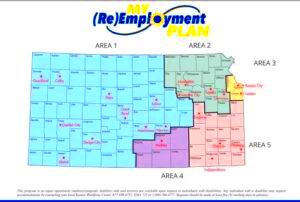Key Facts About Kansas Employment Regulations
Kansas employment regulations are crucial for both employers and employees. These laws are designed to protect workers’ rights while providing guidelines for businesses. Understanding these regulations helps ensure a fair and safe working environment. Whether you’re an employer looking to comply with the law or an employee wanting to know your rights, being informed is key.
Understanding Employment Laws in Kansas

Employment laws in Kansas cover various aspects of the workplace. Here are some important areas to consider:
- At-Will Employment: Kansas follows the at-will employment doctrine, meaning employers can terminate employees for almost any reason, as long as it is not illegal.
- Minimum Wage: The current minimum wage in Kansas is set at $7.25 per hour, which aligns with federal standards.
- Overtime Pay: Employees eligible for overtime must be paid 1.5 times their regular hourly rate for hours worked over 40 in a workweek.
- Leave Policies: Kansas does not have a state law requiring paid sick leave, but employers may have their own policies.
- Unemployment Benefits: Kansas offers unemployment benefits to eligible workers who lose their jobs through no fault of their own.
Understanding these laws helps create a more balanced work environment and fosters trust between employers and employees.
Key Rights of Employees in Kansas

Employees in Kansas have specific rights that protect them in the workplace. Here are some key rights:
- Right to Fair Pay: Employees are entitled to receive at least the minimum wage and overtime pay when applicable.
- Right to a Safe Workplace: Employees have the right to work in an environment free from hazards. Employers must comply with Occupational Safety and Health Administration (OSHA) standards.
- Right to be Free from Discrimination: Kansas law prohibits discrimination based on race, color, religion, sex, disability, national origin, and age in employment practices.
- Right to Privacy: Employees have a right to privacy regarding their personal information, including medical records.
- Right to Organize: Employees can form or join labor unions and engage in collective bargaining without fear of retaliation.
Being aware of these rights empowers employees and encourages them to speak up if they believe those rights are being violated. Employers should also be informed to ensure compliance and foster a positive work culture.
Employer Responsibilities Under Kansas Law

Employers in Kansas have several important responsibilities to ensure their workplaces are fair, safe, and compliant with state regulations. Understanding these responsibilities helps create a positive work environment and minimizes legal risks. Here’s a look at some key employer duties:
- Provide a Safe Workplace: Employers must adhere to safety standards set by OSHA. This includes conducting regular safety training and maintaining equipment to prevent workplace injuries.
- Pay Fair Wages: Employers are required to pay at least the minimum wage and provide overtime pay when applicable. It’s crucial to keep accurate records of hours worked.
- Prevent Discrimination: Employers must not discriminate against employees based on race, gender, age, or other protected categories. This includes implementing fair hiring practices and providing equal opportunities for advancement.
- Respect Employee Rights: Employers should respect employees’ rights to organize and engage in collective bargaining. This means allowing employees to join unions without retaliation.
- Maintain Records: Employers are obligated to keep records of employee wages, hours worked, and other employment-related documents for a specified period.
By fulfilling these responsibilities, employers not only comply with the law but also promote a culture of respect and accountability in the workplace.
Wage and Hour Regulations in Kansas

Wage and hour regulations in Kansas are designed to protect employees from unfair pay practices. Here’s a breakdown of what you need to know:
- Minimum Wage: The state’s minimum wage is currently $7.25 per hour, consistent with federal law. Some cities may have higher minimum wage rates, so it’s essential to check local ordinances.
- Overtime Pay: Employees are entitled to overtime pay at a rate of 1.5 times their regular hourly wage for any hours worked over 40 in a single workweek. Certain exemptions apply to specific job categories.
- Meal and Rest Breaks: While Kansas law does not mandate meal breaks, if an employer chooses to provide them, employees must receive a 30-minute unpaid break for shifts longer than 5 hours. Rest breaks are also at the employer’s discretion.
- Record Keeping: Employers must maintain accurate records of hours worked and wages paid. This not only helps with compliance but also protects employers in case of disputes.
Being familiar with these wage and hour regulations helps employees advocate for themselves and ensures employers follow the law.
Workplace Safety Standards in Kansas
Workplace safety is a top priority in Kansas, and both employers and employees play vital roles in maintaining a safe work environment. Here are key points regarding workplace safety standards:
- OSHA Compliance: Employers must comply with the Occupational Safety and Health Administration (OSHA) standards, which set guidelines for maintaining safety in the workplace.
- Training Programs: Employers are required to provide safety training for employees, covering topics such as emergency procedures, equipment operation, and hazard recognition.
- Reporting Injuries: Employers must have procedures in place for reporting workplace injuries. Injuries should be documented and reported to OSHA if they meet specific criteria.
- Personal Protective Equipment: Employers are responsible for providing necessary personal protective equipment (PPE) to employees working in hazardous conditions, ensuring its proper use.
- Regular Inspections: Conducting regular safety inspections helps identify potential hazards. Employers should address any issues immediately to prevent accidents.
By adhering to these workplace safety standards, employers not only protect their employees but also reduce the risk of accidents and liabilities, fostering a culture of safety and well-being.
Discrimination and Harassment Laws in Kansas
Discrimination and harassment laws in Kansas are in place to protect employees from unfair treatment and ensure a respectful workplace. These laws are crucial for fostering an inclusive environment where everyone feels valued. Here’s a closer look at what these laws entail:
- Protected Classes: Kansas law prohibits discrimination based on race, color, religion, sex, disability, national origin, and age. Employers cannot make employment decisions based on these characteristics.
- Types of Discrimination: Discrimination can occur in various forms, including hiring, promotions, job assignments, and terminations. It can also manifest in unequal pay or benefits.
- Harassment: Harassment, particularly sexual harassment, is a serious issue. Kansas law defines harassment as unwanted behavior that creates a hostile work environment. This can include inappropriate comments, gestures, or unwanted advances.
- Reporting Procedures: Employees experiencing discrimination or harassment should report it to their employer. Employers are legally obligated to investigate and take appropriate action to resolve the issue.
- Legal Recourse: If an employee feels their complaint is not addressed adequately, they can file a charge with the Kansas Human Rights Commission or pursue legal action.
By understanding these laws, employees can advocate for themselves and help create a more equitable workplace for everyone.
Resources for Employees and Employers
There are many resources available for both employees and employers in Kansas to help navigate employment laws and workplace issues. Here are some valuable resources:
- Kansas Human Rights Commission: This state agency handles discrimination complaints and provides information on employee rights and employer responsibilities.
- Occupational Safety and Health Administration (OSHA): OSHA provides guidelines on workplace safety standards and offers resources for both employers and employees regarding safety regulations.
- Department of Labor: The Kansas Department of Labor offers information on wage laws, unemployment benefits, and employee rights, helping individuals understand their entitlements.
- Local Chambers of Commerce: Many local chambers provide resources and support for businesses, including workshops on legal compliance and employee management.
- Legal Aid Organizations: Organizations like Kansas Legal Services offer assistance to individuals facing legal issues related to employment and discrimination.
Utilizing these resources can empower employees to understand their rights and responsibilities while helping employers comply with laws and foster a supportive work environment.
FAQ
Here are some frequently asked questions regarding Kansas employment regulations, discrimination, and workplace safety:
- What should I do if I experience workplace discrimination? Report the issue to your employer or HR department. If the issue persists, you may file a complaint with the Kansas Human Rights Commission.
- How can I find out if I’m being paid fairly? Research the standard wages for your position and industry in Kansas. Websites like the Bureau of Labor Statistics can provide helpful information.
- What is the process for filing a discrimination complaint? You can file a complaint with the Kansas Human Rights Commission online, over the phone, or by mail. Provide detailed information about your situation.
- Are there any specific safety regulations I should be aware of? Yes, familiarize yourself with OSHA standards relevant to your industry. Employers are required to follow these regulations to ensure a safe work environment.
- What resources are available for employees looking to know their rights? The Kansas Human Rights Commission and the Department of Labor offer various resources, including brochures, online guides, and consultation services.
By staying informed and utilizing these resources, both employees and employers can navigate the complex landscape of employment regulations in Kansas effectively.
Conclusion
Understanding Kansas employment regulations is vital for both employees and employers. These laws are designed to create a fair and safe working environment, ensuring that employees know their rights while employers fulfill their responsibilities. By being informed about discrimination and harassment laws, wage and hour regulations, and workplace safety standards, everyone can contribute to a positive workplace culture. Utilizing available resources can further empower individuals to advocate for their rights and maintain compliance with the law. Ultimately, a well-informed workforce leads to a more productive and harmonious workplace.


